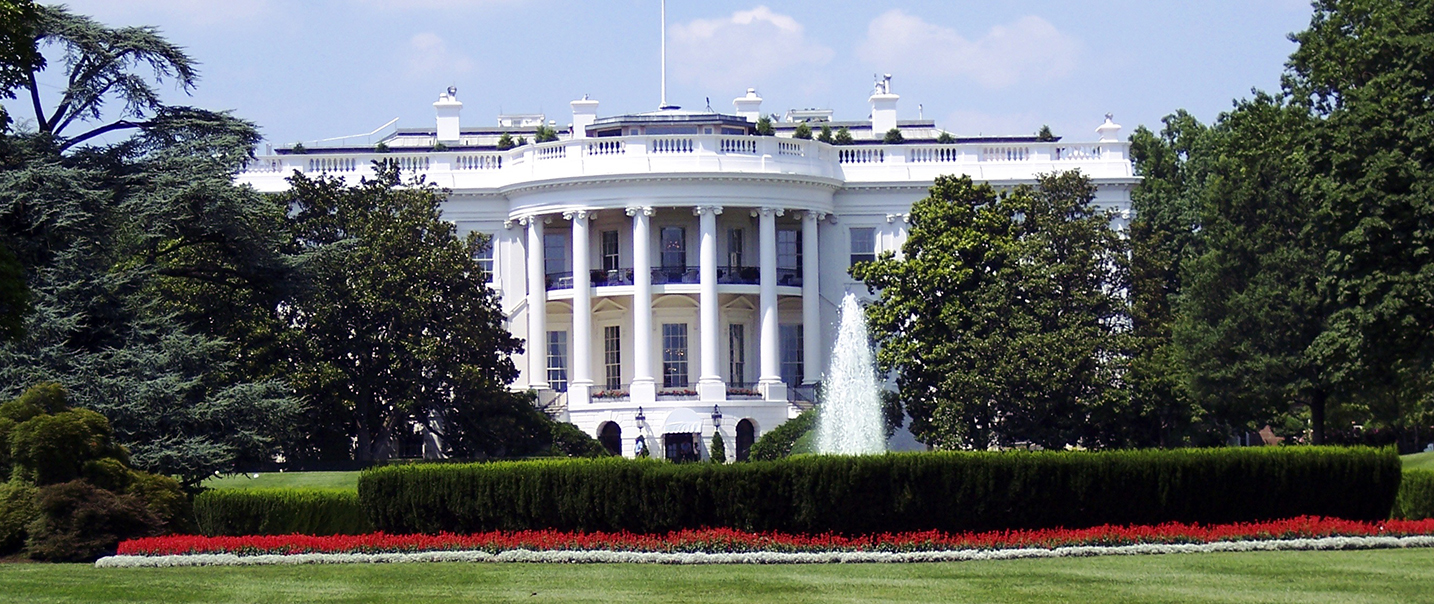In the 1980’s, by a fluke invitation, I sat in the East Room of the White House along with 300 of the top Evangelical leaders at that time.
President Ronald Reagan had invited us there to thank us for the unwavering support Evangelicals had given him for his re-election in 1984. When the President came out to speak to us, I had to pinch myself to really believe I was there. I was sitting in the White House a few hundred feet from an American President and the top Evangelical leaders of the day!
Yet, while I was awed at being in the very seat of power, I was also aware my spirit was grieved. Don’t get me wrong; I had (and time has only increased it), a great appreciation for both the man Ronald Reagan, as well as his accomplishments as President. But my spirit was grieved as I beheld the representatives of the Church in America selling out to political power in the belief that Republicanism would somehow turn the tide and change the culture. Time has proven that notion wrong. It would take far more than Conservatism or political power fueled by an Evangelical voting block to deal with what ails the country.
The takeaway from this experience is not that Christians should not take part in the political process. We should be the best citizens in our democracy. I believe that means taking part in the political process and voting our conscience. But this story came to mind again because I see a similar scenario being repeated in this present political season. Christians are taking sides with candidates as though the kingdom of God is at stake. Some are suggesting that our fate as the Church lies in electing a certain political candidate. And again, I have felt grieved as Christians cast this present political election in almost religious terms.
I want to state from the outset, I wouldn’t want to live in any other place than America. I love this nation and I pray for her. That being the case, I do not mistakenly think that America is the kingdom of God. It may be the best example of a country that human government can create, but it is still a human government. The kingdom of God is not a democracy where people are elected based on a majority. It is a divine government where God puts down one and lifts up another (Ps. 75:7).
I state this because I believe that something is at work in America which is often overlooked by naive Christians who continue to think that electing the right candidate will usher in the kingdom. It is the end of ‘Christian’ America. A process has been at work for several decades to eradicate all notions that Americanism and the kingdom of God are somehow synonymous. For too long American Christians have Americanized the Gospel, by enculturating American values into it. Enculturation has been defined as “the process by which people learn the requirements of their surrounding culture and acquire values and behaviors appropriate or necessary in that culture.” Americans have done that with the Gospel.
But for the last five or six decades, we have seen the slow demise of Christian America. It was Francis Schaeffer who back in the 1960’s pointed out that American culture was built on three impoverished values: personal peace, affluence, and ‘cultural’ Christianity. By ‘personal peace’ Schaeffer was referring to the fact that Americans have little interest in world affairs but are primarily occupied with their own safety and well-being. This is the notion that once I close my door at night, I don’t care what’s going on in the world just as long as I and my family are okay. The second, ‘affluence’ is the idea that life is determined by the size of my house, the size of my car, or the size of my bank account. For fifty years, Americans have been infected with affluenza which has resulted in the richest nation on earth with an endless array of products for everything anyone could want. The amount of food we waste daily could feed some nations.
But the third descriptor was ‘Cultural’ Christianity. What exactly did Schaeffer mean by this term? He spoke of a Christianity that doesn’t really change its adherents but simply provides a thin veneer of morality and ethics for the culture. He recognized it as an impoverished value because it gives people enough Christianity to inoculate them from the real thing. The apostle Paul spoke of such people as “having the appearance of godliness, but denying its power” (II Timothy 3:5). It is a Christianity that promotes the Judeo-Christian ethic, while being shorn of its power. How did this come about? Schaeffer referred to the frog being thrown into the pot of boiling water. It immediately jumps out due to the scalding water. But if the same frog is thrown into a pot of cold water and the water is slowly turned up, the frog will remain until it dies. Schaeffer said this is what has happened to Christianity in the culture. Slowly and methodically, it has become enculturated so that it has more in common with being American than being Christian.
We are witnessing the demise of Cultural Christianity and that is a good thing. We need to know the profound difference between a Christianity mixed with Americanism and the radical values of the kingdom of God.





Dear Brother in Christ Jesus, thank you for putting the words to my heart…
Thankyou for your insight. Reminders I needed to hear. Feeling blessed to have had you as a Pastor with CLF and always learned such a great deal from your wisdom. Nice to “hear” you again! Kelly